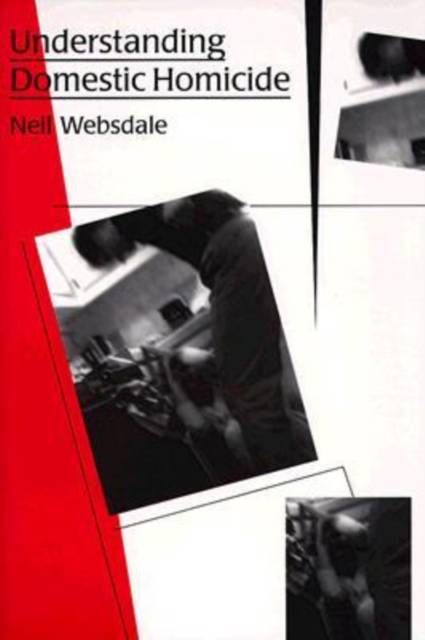
- Retrait gratuit dans votre magasin Club
- 7.000.000 titres dans notre catalogue
- Payer en toute sécurité
- Toujours un magasin près de chez vous
- Retrait gratuit dans votre magasin Club
- 7.000.0000 titres dans notre catalogue
- Payer en toute sécurité
- Toujours un magasin près de chez vous
Description
This groundbreaking examination of murder among intimate partners considers domestic homicides in all their guises -- not just those occurring between sexual partners but the killing of children, parents, and siblings as well. Unlike previous studies of domestic killings, which focus on statistical findings, the work illuminates the complex factors that motivate intimate partner murders.
Drawing on extensive documentary sources and field research, Neil Websdale unearths the case histories of some 300 homicides involving family members and frames them within their interpersonal, familial, situational, and cultural contexts. He explores the kinship systems of various cultural groups (African American, Latino, Caucasian, and Asian American), discusses types of social and gender oppression, and explores the nature of families that experience domestic homicide. He also examines how these murders are covered by the media and looks at social policy initiatives designed to reduce such incidents.
By exploring the cultural patterns and the intricate workings of power struggles revealed by these cases, Understanding Domestic Homicide expands one's understanding of such disconcerting crimes.
Spécifications
Parties prenantes
- Auteur(s) :
- Editeur:
Contenu
- Nombre de pages :
- 320
- Langue:
- Anglais
- Collection :
Caractéristiques
- EAN:
- 9781555533939
- Date de parution :
- 28-05-99
- Format:
- Livre broché
- Format numérique:
- Trade paperback (VS)
- Dimensions :
- 153 mm x 228 mm
- Poids :
- 453 g

Les avis
Nous publions uniquement les avis qui respectent les conditions requises. Consultez nos conditions pour les avis.






